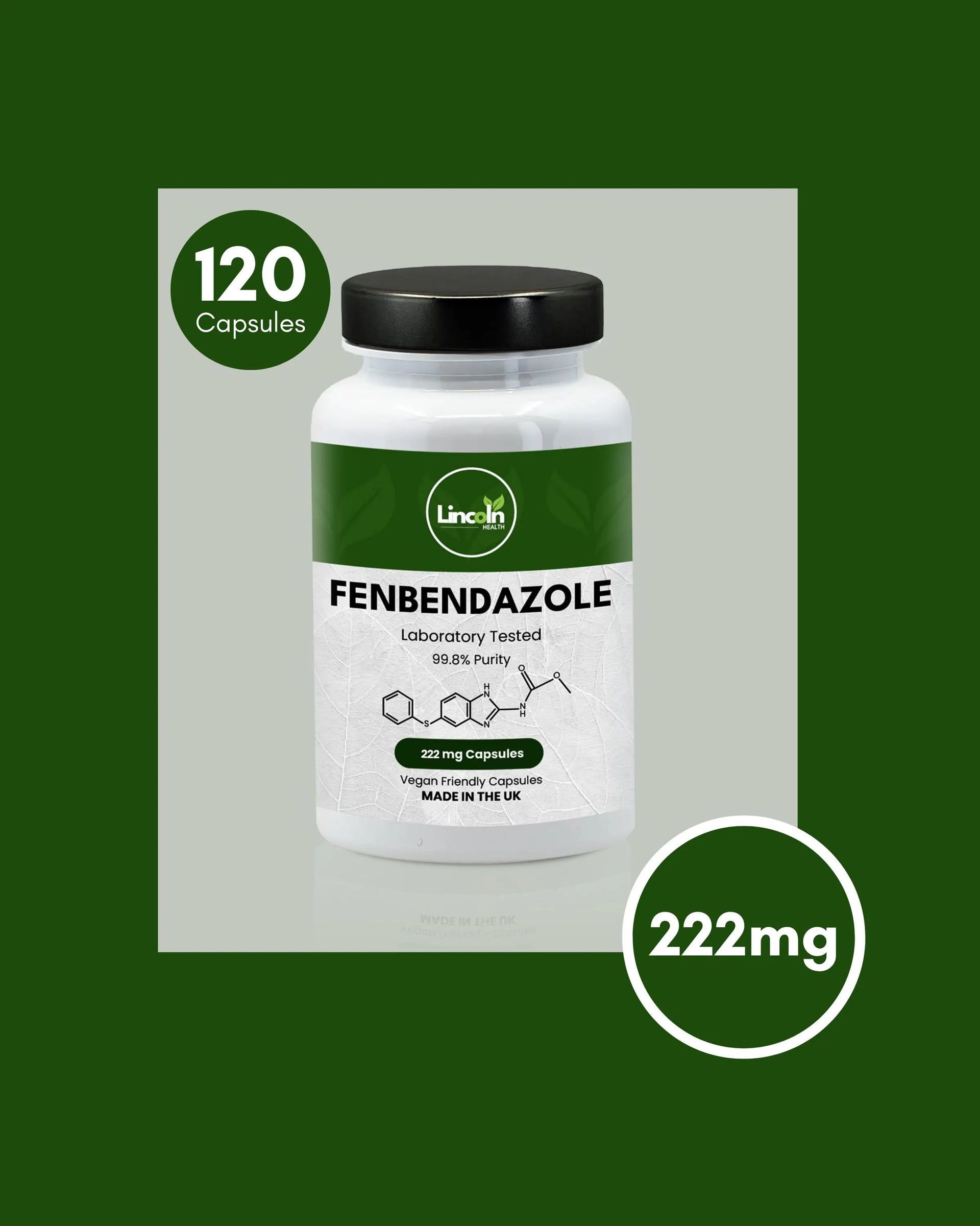Recognizing the Benefits and Uses of Fenbendazole in Veterinary Medication
Fenbendazole has actually developed itself as a vital anthelmintic in veterinary medicine. Its capability to target various parasitical infections makes it a useful device for veterinarians. The medication's mechanism disrupts important mobile procedures in bloodsuckers, bring about effective therapy end results. However, its safety profile ranges types, necessitating careful factor to consider in its usage. Comprehending these dynamics can clarify fenbendazole's wider effects in vet treatment and recurring study right into its potential beyond conventional applications
Device of Activity of Fenbendazole

Typical Parasitical Infections Treated With Fenbendazole
A variety of parasitical infections are successfully treated with fenbendazole, making it a flexible option in vet medicine. This anthelmintic representative is specifically effective versus nematodes, consisting of roundworms and hookworms, which generally influence pet dogs and pet cats. It is also made use of for the treatment of cestodes, such as tapeworms, supplying a broad spectrum of activity against both kinds of intestinal bloodsuckers. In addition, fenbendazole is valuable in managing infections created by protozoa, especially Giardia, which can cause gastrointestinal distress in pets. Its efficacy extends to dealing with certain lungworms in dogs and felines, dealing with breathing wellness issues linked to these parasites. Overall, fenbendazole's capacity to target numerous parasitical species makes it a useful tool in veterinary technique, ensuring the wellness and wellness of animals affected by these common infections.
Safety and Efficiency in Different Pet Variety
The security and efficacy of fenbendazole differ among different pet types, highlighting the value of species-specific factors to consider in vet medication. In pooches, fenbendazole is typically well-tolerated and effective against a range of intestinal bloodsuckers, including roundworms and hookworms. For felines, however, its use is much less common and may call for mindful read here application because of prospective unfavorable responses.
In animals, such as cattle and sheep, fenbendazole shows efficiency versus various endoparasites, adding to improved wellness and efficiency. The pharmacokinetics and potential side effects can differ noticeably between types, requiring mindful examination by veterinarians.
Equines likewise react positively to fenbendazole, specifically for dealing with strongyles and ascarids, though dose and administration routes should be customized to their unique physiology. Consequently, understanding these distinctions is essential for optimizing treatment results and ensuring animal welfare throughout diverse species.
Administration and Dose Standards
Correct management and dose standards are vital for making the most of the healing impacts of fenbendazole while lessening possible negative effects. The dosage commonly differs depending on the types being treated, the particular condition, and the formula of fenbendazole utilized. fenbendazole 444. For canines and felines, an usual dose is 50 mg/kg body weight, provided daily for three consecutive days, however vets might change this based on private health analyses
It is very important to carry out fenbendazole with food to boost absorption and decrease gastrointestinal trouble. The drug is available in various kinds, consisting of granules and paste, enabling flexible administration choices. Monitoring the pet's response during and after treatment is advisable to verify effectiveness and safety and security. In addition, veterinary support is essential to establish the appropriate duration of treatment based upon the kind see page of parasitical infection being attended to, assuring ideal end results for the pet's wellness.
Future Point Of Views and Research Study on Fenbendazole
Study on fenbendazole remains to progress, concentrating on its potential applications beyond conventional antiparasitic usages. Recent studies have explored its performance in dealing with different forms of cancer cells, especially in vet oncology. Preliminary data recommend that fenbendazole may inhibit the growth of tumor cells and improve the effects of other chemotherapeutic agents.
Scientists are examining its function in handling gastrointestinal disorders in animals, highlighting its anti-inflammatory residential or commercial properties. The flexibility of fenbendazole for various varieties questions about its security profiles and excellent dosing programs in diverse populations.
As rate of interest expands, there is a demand for thorough clinical trials to establish evidence-based guidelines for these unique applications. Future research might likewise examine the devices behind fenbendazole's effects, possibly leading the way for ingenious healing techniques in vet medicine. The recurring expedition of fenbendazole might substantially improve therapy alternatives for various vet problems.

Regularly Asked Questions
Is Fenbendazole Safe for Pregnant Animals?
The safety and security of fenbendazole for pregnant animals continues to be unclear. While some studies suggest marginal threat, veterinarians usually advise care and typically advise against its use while pregnant unless the benefits clearly outweigh prospective risks.
Can Fenbendazole Be Used in Animals?
Fenbendazole is frequently used in animals to treat different parasitic infections. fenbendazole 222. Its efficacy against intestinal worms makes it a useful anthelmintic, adding to boosted health and wellness and performance in animals raised for food and fiber
What Are the Negative Effects of Fenbendazole?

The negative effects of fenbendazole might include stomach disruptions, lethargy, and allergies. In rare instances, a lot more extreme responses could occur, necessitating cautious tracking and appointment with a veterinarian throughout treatment.
How Does Fenbendazole Compare to Various Other Dewormers?
Fenbendazole supplies broad-spectrum efficacy against different bloodsuckers, frequently contrasting favorably to other dewormers. Its distinct system targets various life stages, making it reliable, while typically offering a beneficial security profile contrasted to options available on the marketplace.
Can Fenbendazole Be Made Use Of for Treating Cancer in Animals?
The potential of fenbendazole in treating cancer in you can try these out pets has actually gathered rate of interest. Preliminary researches suggest it might prevent cancer cell development, yet further research is required to verify its efficiency and safety and security in veterinary oncology.